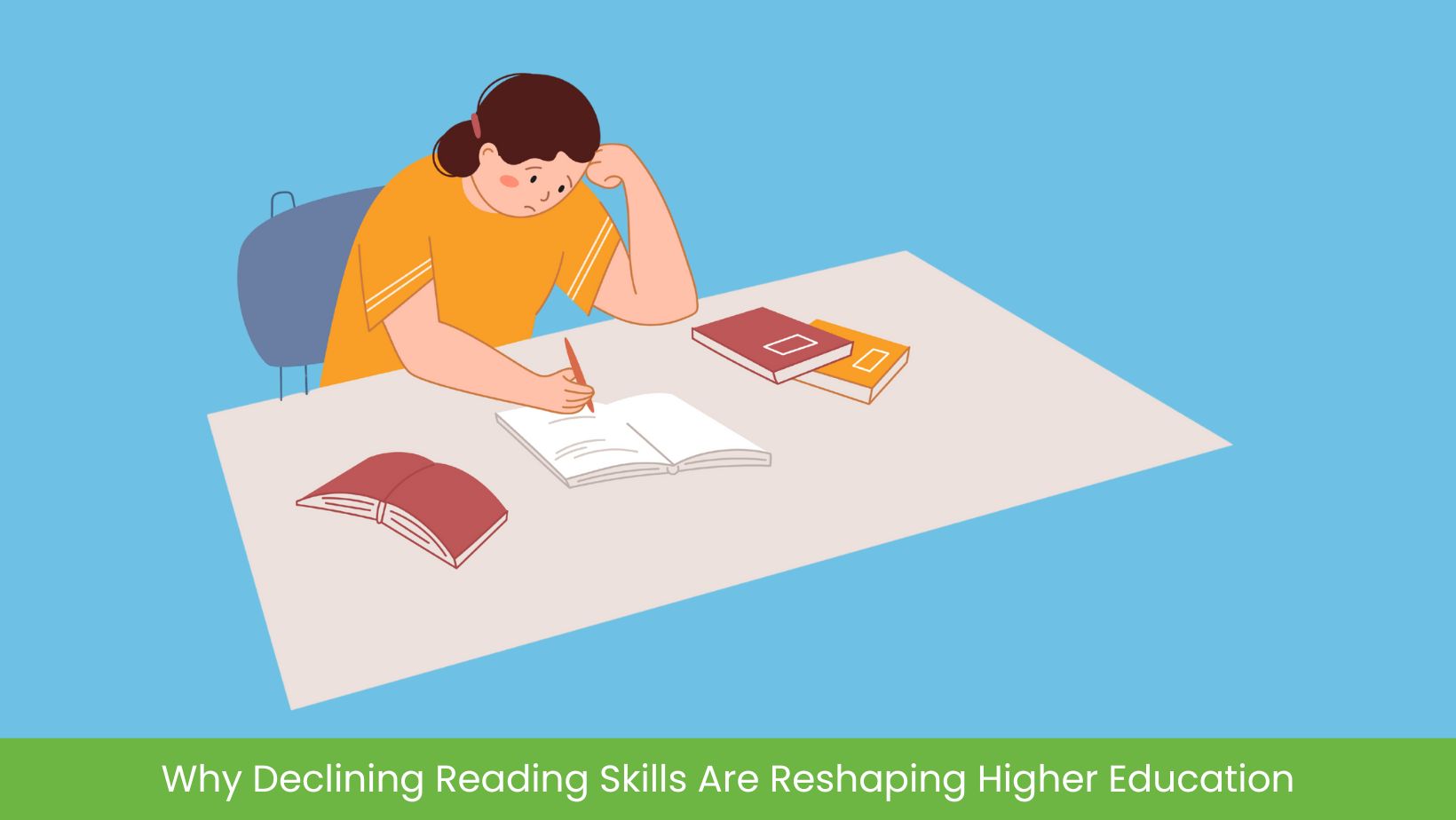
Executive Function Coaching for Students: A Research-Based Path to Confidence, Independence, and School Success
When homework piles up, assignments are forgotten, and even simple routines feel overwhelming, the issue is often not intelligence or motivation, it’s executive dysfunction. Executive function refers to the brain-based skills that enable students to plan, organize, manage time, sustain attention, regulate emotions, and follow through on tasks. These skills







